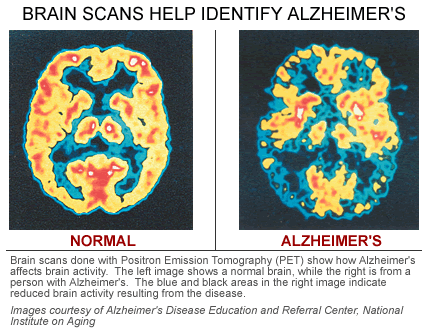There was some interesting research done in London this past year in whihc no deinitive answers were found, but raised several new and rather complex questions on the issue of dementia and it’s causes. However, this may again call for a deeper understanding of the importance fitness and nutrition factors in trying to prevent dementia.
Here is a snip from the article as reported on Scientific American.com:
By Anne Harding
NEW YORK (Reuters Health) – Older people who have lost their teeth are at more than three-fold greater risk of memory problems and dementia, UK researchers report.
“This study essentially raises questions rather than answering them,” Dr. Robert Stewart of Kings College London, the study’s lead author, told Reuters Health. “The measurements were taken at the same time, so we are not able to say what caused what.”
It’s possible that people with cognitive impairment simply take worse care of their teeth, he added, but there are also mechanisms by which poor dental health itself could harm the brain. “One message still stands regardless of what caused what,” he said. “Particular attention may need to be paid to the health and nutrition of people with cognitive impairment because they may also have dental problems.”
You can read the entire article by clicking here.
